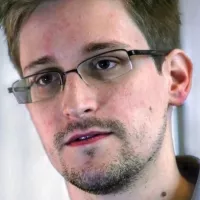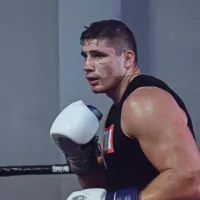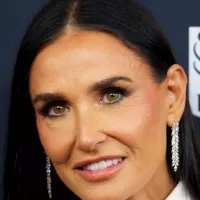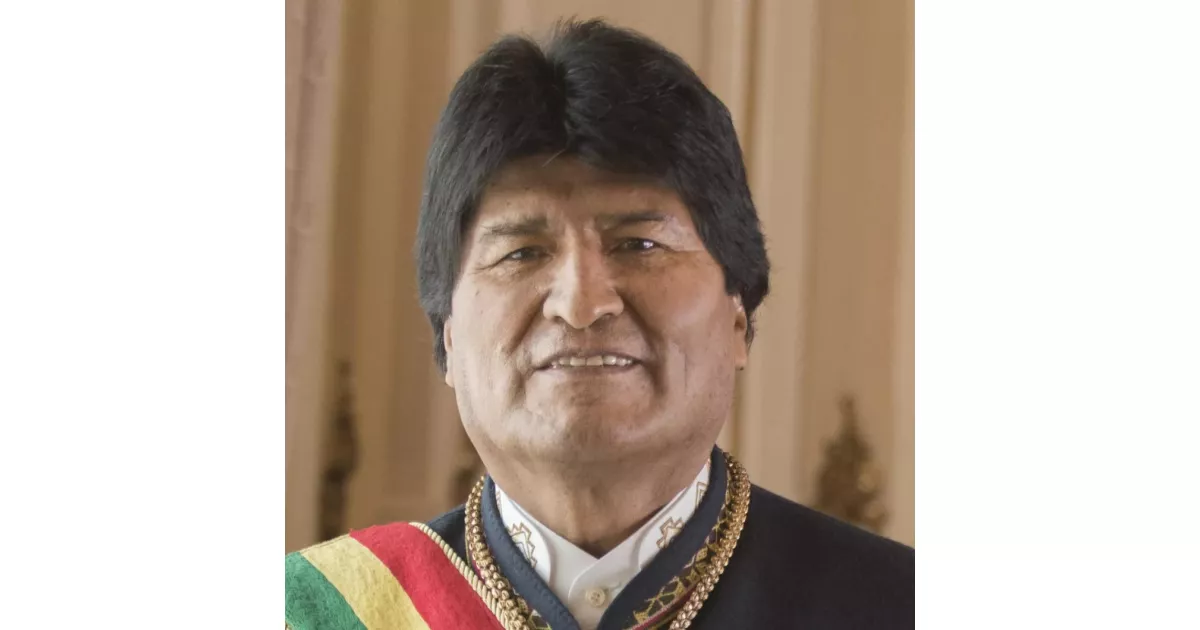A success timeline featuring the most significant achievements of Evo Morales.
Evo Morales is a Bolivian politician and former president (2006-2019), notable as the country's first indigenous president. As a former cocalero activist and trade union organizer, he led the Movement for Socialism (MAS) party and implemented left-wing policies aimed at improving the socioeconomic conditions and legal protections for Bolivia's indigenous population. His administration also worked to counter the influence of the United States and resource-extracting multinational corporations within Bolivia.
September 1994: March to La Paz
In September 1994, campesinos marched from Villa Tunari to La Paz, and Morales joined after being freed.
1997: Elected to Chamber of Deputies
In 1997, Evo Morales was elected to the Chamber of Deputies in the National Congress as a representative for El Chapare, securing 70.1% of the local vote. The IU/ASP gained four seats in Congress, obtaining 3.7% of the national vote, rising to 17.5% in Cochabamba.
1998: Elected Leftist President
Since 1998, Morales' victory was identified as part of the broader regional pink tide. He was the sixth self-described leftist president to be elected in Latin America.
December 1999: MAS Secures Municipal Seats
In December 1999, the MAS secured 79 municipal council seats and 10 mayoral positions, gaining 3.27% of the national vote, and 70% of the vote in Cochabamba.
2002: Increase in Income from Hydrocarbon Extraction
Bolivia's income from hydrocarbon extraction increased from $173 million in 2002 to $1.3 billion by 2006 as a result of state control of the hydrocarbon industry.
2002: MAS gains popularity
In 2002 presidential election, the MAS gained 20.94% of the national vote, becoming Bolivia's second largest party. They won 8 seats in the Senate and 27 in the Chamber of Deputies. Now the leader of the political opposition, Morales focused on criticising government policies rather than outlining alternatives. He met with Venezuela's Hugo Chávez for the first time.
2004: MAS Becomes Largest National Party
In the 2004 municipal election, the MAS became the country's largest national party, with 28.6% of all councilors in Bolivia. However, they failed to win the mayoralty in any big cities. In Bolivia's wealthy Santa Cruz region, a strong movement for autonomy had developed, and they considered armed insurrection to secede from Bolivia should MAS take power.
January 2006: Morales crowned Apu Mallku
In January 2006, Morales attended an indigenous spiritual ceremony at Tiwanaku where he was crowned Apu Mallku (Supreme Leader) of the Aymara, receiving gifts from indigenous peoples across Latin America and thanking the goddess Pachamama for his victory.
2007: Economic growth and construction boom
In 2007, Bolivia maintained one of the world's highest levels of economic growth during the global financial crisis. This economic strength led to a nationwide boom in construction, allowing the state to build up strong financial reserves. The government prioritized rural infrastructure improvement, bringing roads, running water, and electricity to areas that lacked them.
January 2009: New Constitution approved in referendum
In January 2009, a referendum was held for the new Constitution in Bolivia. 61.4% of voters approved the new constitution. Before the referendum, Morales' government negotiated with the parliamentary opposition, resulting in 100 of the 411 elements of the Constitution being changed. The governors of the eastern provinces rejected the changes, believing it gave them insufficient autonomy, while various Indianist and leftist members of MAS felt that the amendments conceded too much to the political right.
April 2009: Morales wins landslide re-election
In April 2009, general elections were held in Bolivia. The opposition demanded a new biometric registry system. Morales went on a five-day hunger strike to push the opposition to rescind their demands. Morales and the MAS won with a landslide majority, polling 64.2%. Voter participation reached an all-time high of 90%. The MAS won a two-thirds majority in both the Chamber of Deputies and the Senate. Morales proclaimed that he was obligated to accelerate the pace of change and deepen socialism.
2009: UNESCO declares Bolivia free from illiteracy
In 2009, UNESCO declared Bolivia free from illiteracy following a literacy campaign with Cuban assistance. The World Bank stated that illiteracy had declined by 5%.
April 2010: MAS gains in departmental elections
In April 2010, the departmental elections in Bolivia saw further gains for MAS, solidifying the party's influence at the regional level.
2012: Positive Assessments of Morales' Rule
In 2012, John Crabtree and Ann Chaplin, based on interviews with Bolivians, noted that Morales' rule had brought benefits to ordinary people in ways unseen for decades, including poverty reduction and reduced regional inequalities.
2014: Anti-Poverty Programs Show Success
By 2014, Evo Morales' anti-poverty programs had gained wide support in Bolivia, with poverty reduced by 25%, extreme poverty by 43%, social spending increased by over 45%, and the minimum wage increased by 87.7%.
October 2015: Morales becomes Bolivia's longest serving president
On 17 October 2015, Morales surpassed Andrés de Santa Cruz to become Bolivia's longest-serving president, having been in office for over nine years. His enduring popularity was attributed to his socio-economic reforms.
October 2020: Charges Dropped and Arrest Warrant Dismissed
In October 2020, charges against Morales were dropped and the arrest warrant dismissed when a court in La Paz found that his rights had been violated and judicial procedures breached.
February 2021: Presidential Decree for Amnesty Approved
On 12 February 2021, in a session of the Plurinational Legislative Assembly, the Movement for Socialism approved the Presidential Decree for the Granting of Amnesty and Pardon for Humanitarian Reasons and Political Persecuted Persons, including Morales, facing opposition protests.
Mentioned in this timeline

Barack Obama the th U S President - was the...
Nigeria is a West African nation the most populous in...
Venezuela officially the Bolivarian Republic of Venezuela is located on...
Africa is the second-largest and second-most populous continent comprising of...

News encompasses information about current events disseminated through various media...

Edward Snowden a former U S computer contractor who is...
Trending

31 minutes ago Max Landis Returns to Hollywood with G.I. Joe Movie at Paramount

31 minutes ago Usyk vs. Verhoeven: WBC Title Fight at the Pyramids of Giza

32 minutes ago Tye Kartye placed on waivers by Kraken; Joseph assigned to Springfield.
32 minutes ago Makai Lemon aims Giants youth role, shines at Combine, Jets eyes superstar potential.

32 minutes ago Cerundolo Dominates in Santiago, Continues Golden Swing; Nava Ends American Drought.

2 hours ago Demi Moore debuts dramatic bob haircut at Gucci show, sparking makeover buzz.
Popular

Jesse Jackson is an American civil rights activist politician and...

Susan Rice is an American diplomat and public official prominent...

Michael Joseph Jackson the King of Pop was a highly...

XXXTentacion born Jahseh Dwayne Ricardo Onfroy was a controversial yet...

Barack Obama the th U S President - was the...

Kashyap Pramod Patel is an American lawyer who became the...
